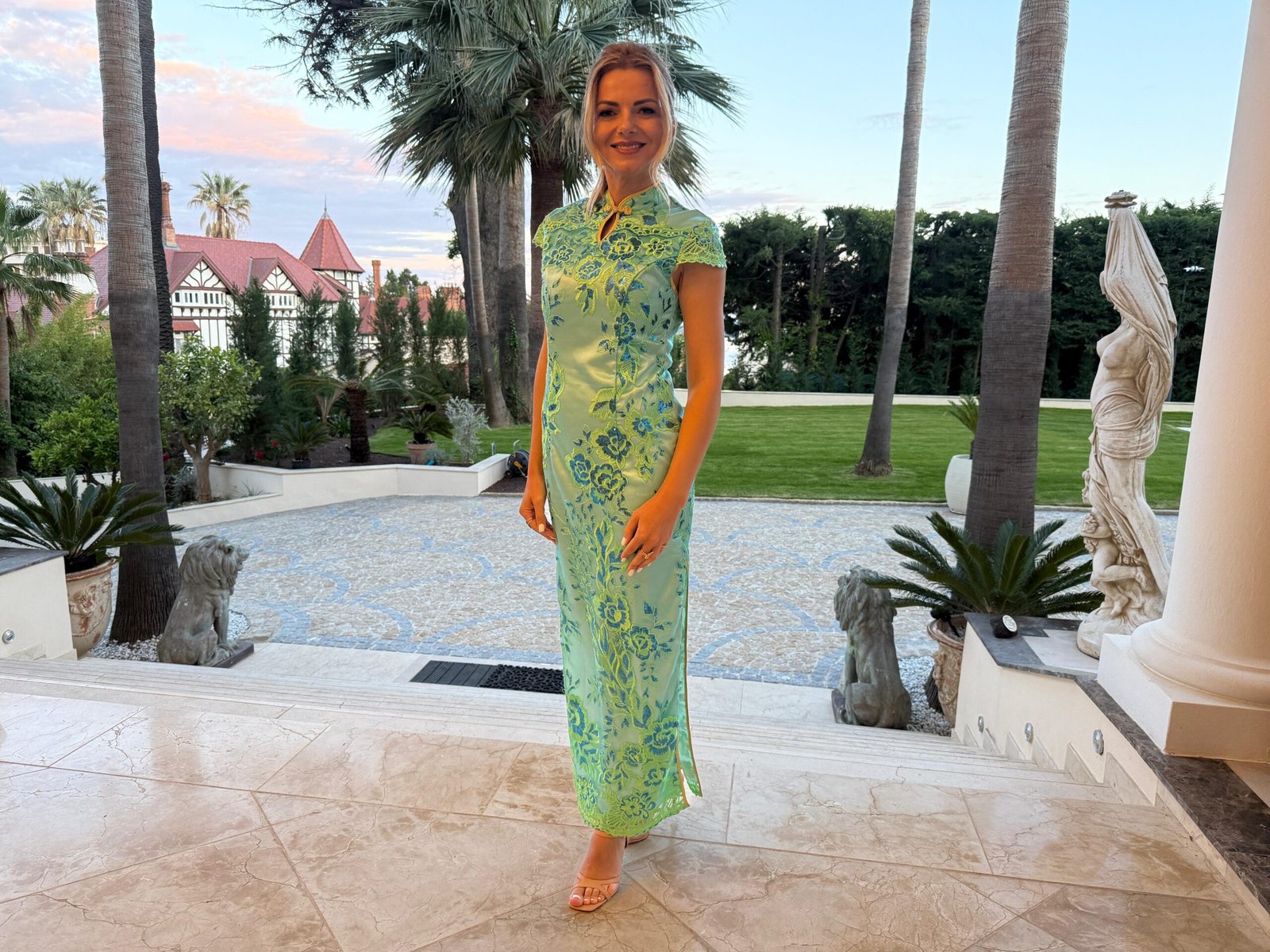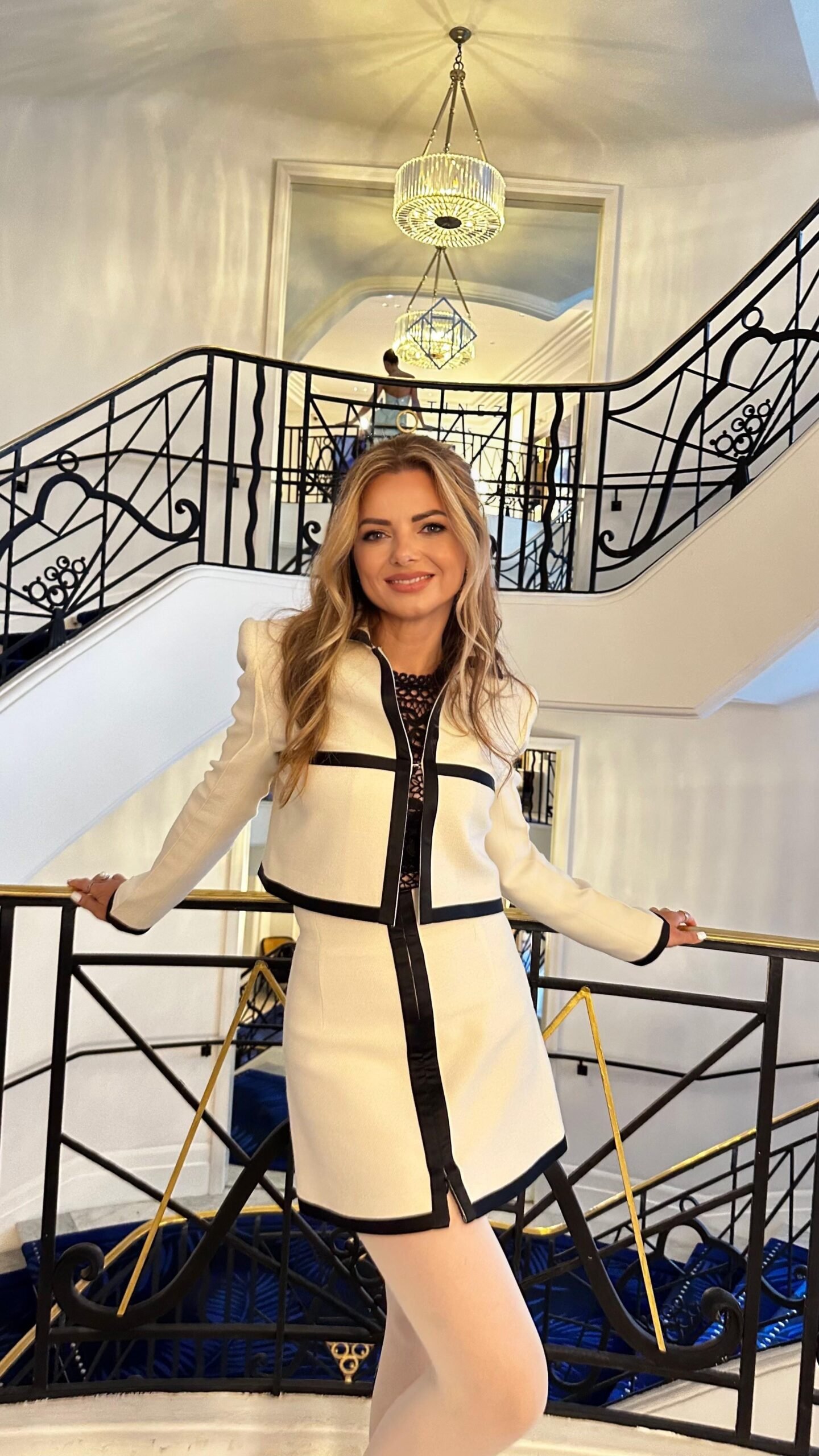Dubai - The City of Glass and Dreams
Every time I visit Dubai, I’m amazed by how much it changes. It feels like a cold, glass city – futuristic, competitive, always trying to be the biggest and the best. And honestly? That “show-off” attitude works. They build flower shaped towers, luxury branded residences, and even organize open-houses where cars are lifted to the penthouse floor. Celebrities buy there for millions, and suddenly everyone wants to live next door.
Behind the shine, Dubai is smart. The government gives tax-free zones, Golden Visas for property buyers, organizes forums and events to keep tourism and business alive year-round. That’s why it’s not easy to work as a realtor there – the market moves fast. But if you follow the government’s vision, you can spot the best opportunities.
For me, Dubai investments fall into three groups:
• Stable business hubs – Business Bay in Downtown and DIFC are prime examples. Properties here bring 4–6% rental yields, with top luxury projects sometimes reaching even more.
• Affordable housing in suburbs – Always in demand, even if cheaper.
• Luxury lifestyle – Palm Jumeirah, Dubai Marina, Emirates Hills. Here ROI doesn’t matter, it’s about living your dream life.
I love Dubai’s modern roads, safety, architecture, nightlife, yachts, and restaurants. It has a unique vibe you can’t find anywhere else. But I also believe the future of Dubai is in creating more family-friendly areas with green parks and communities. Because luxury is inspiring but family values are what truly last.
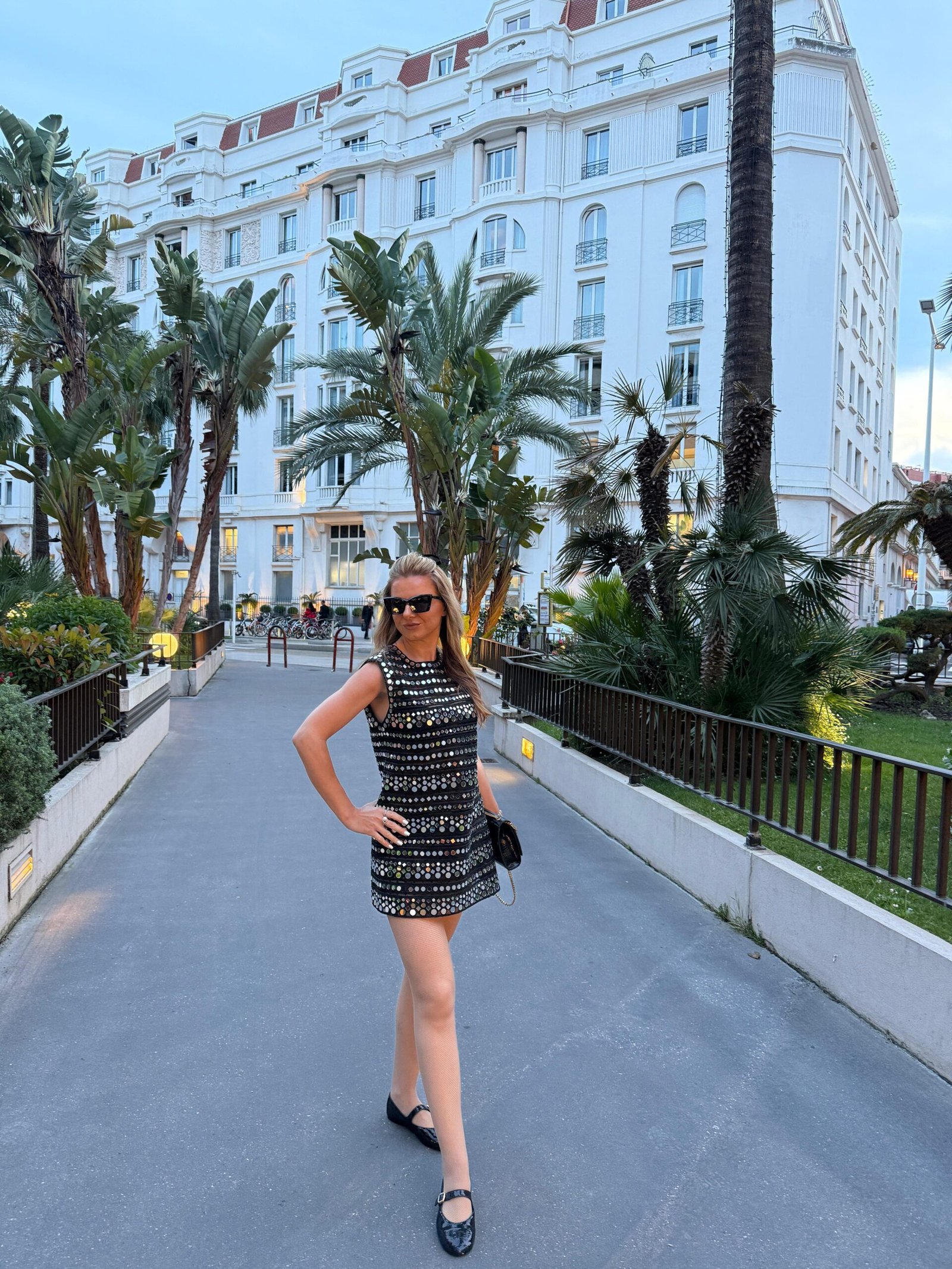
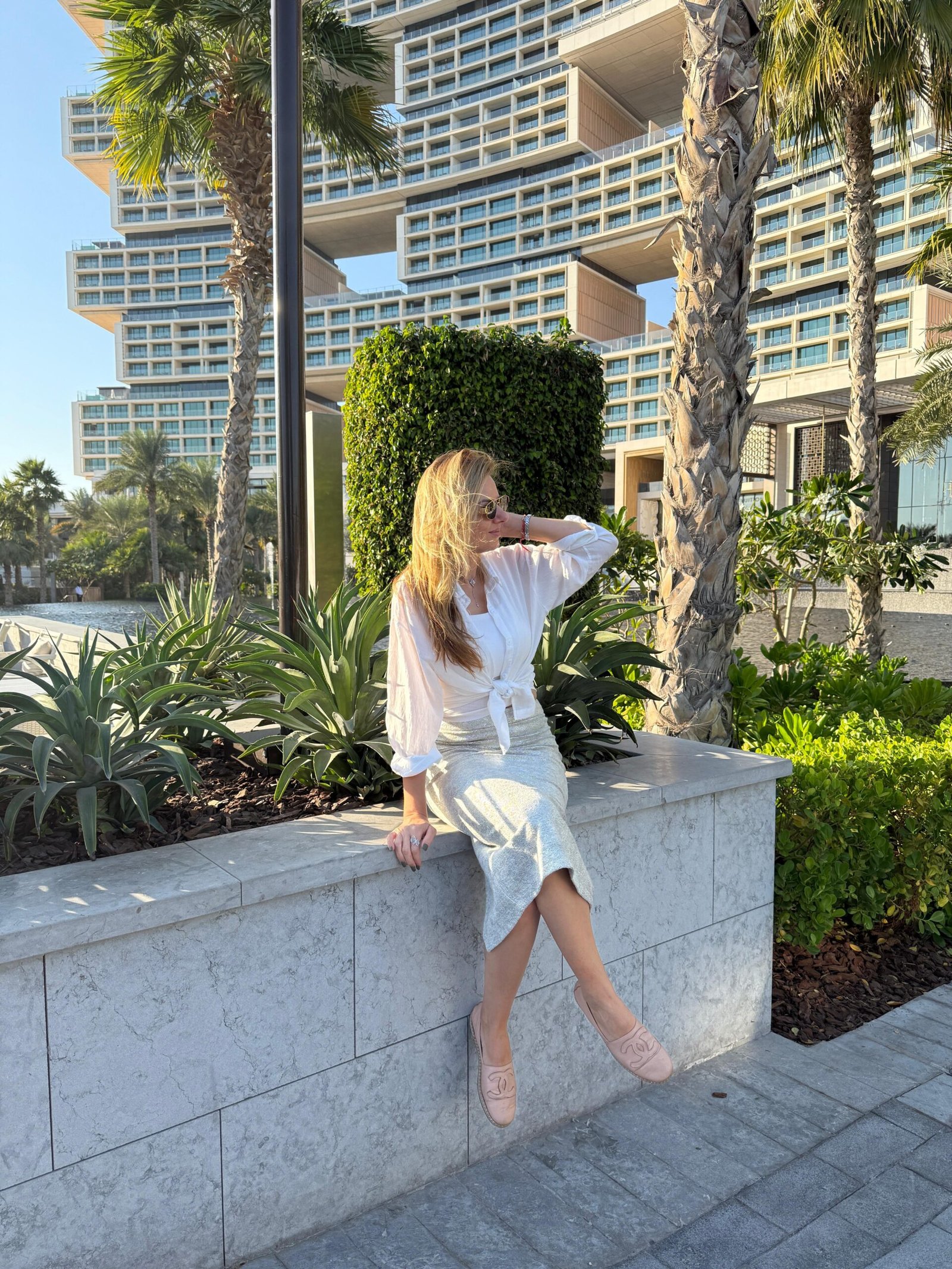
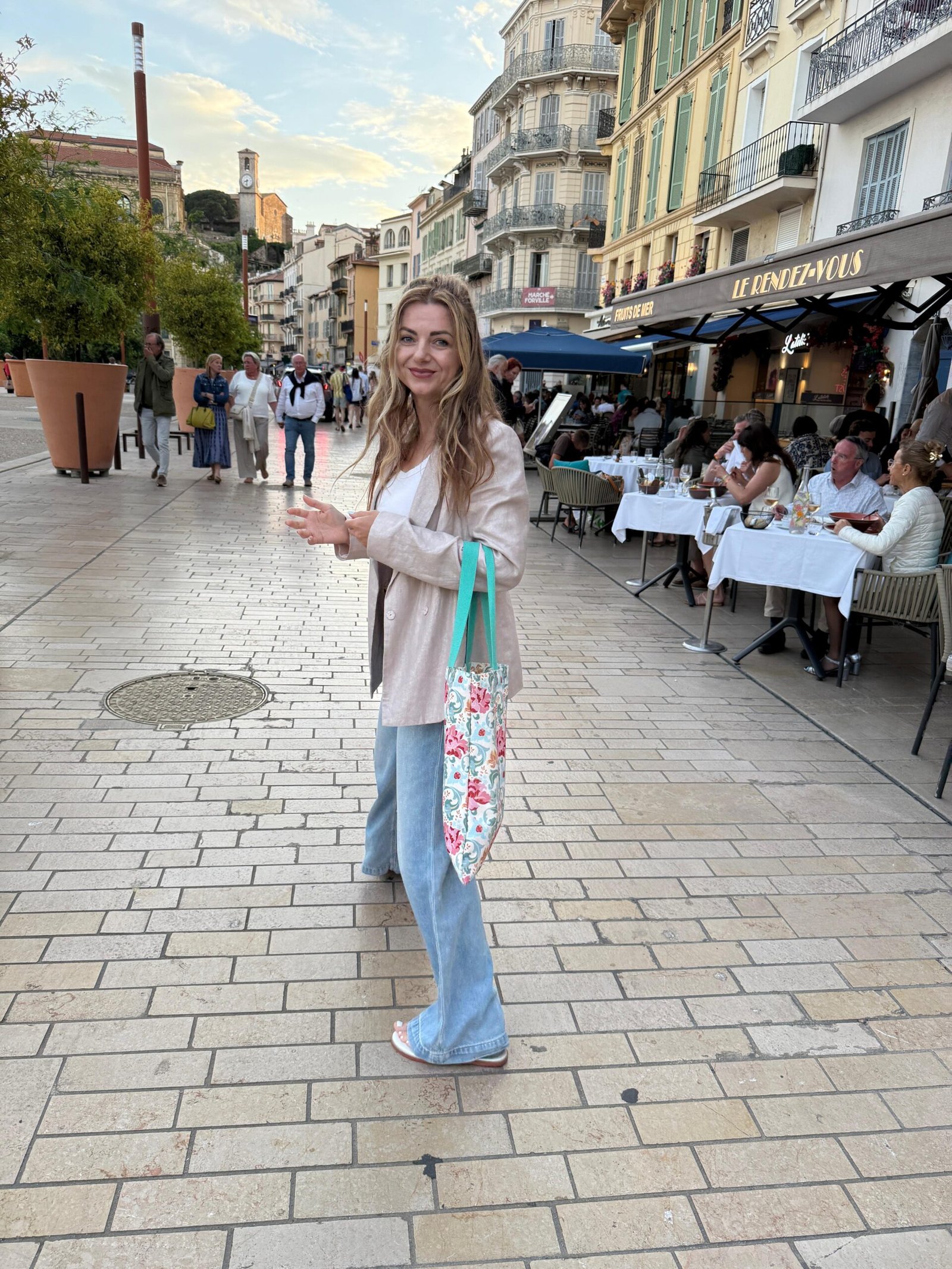


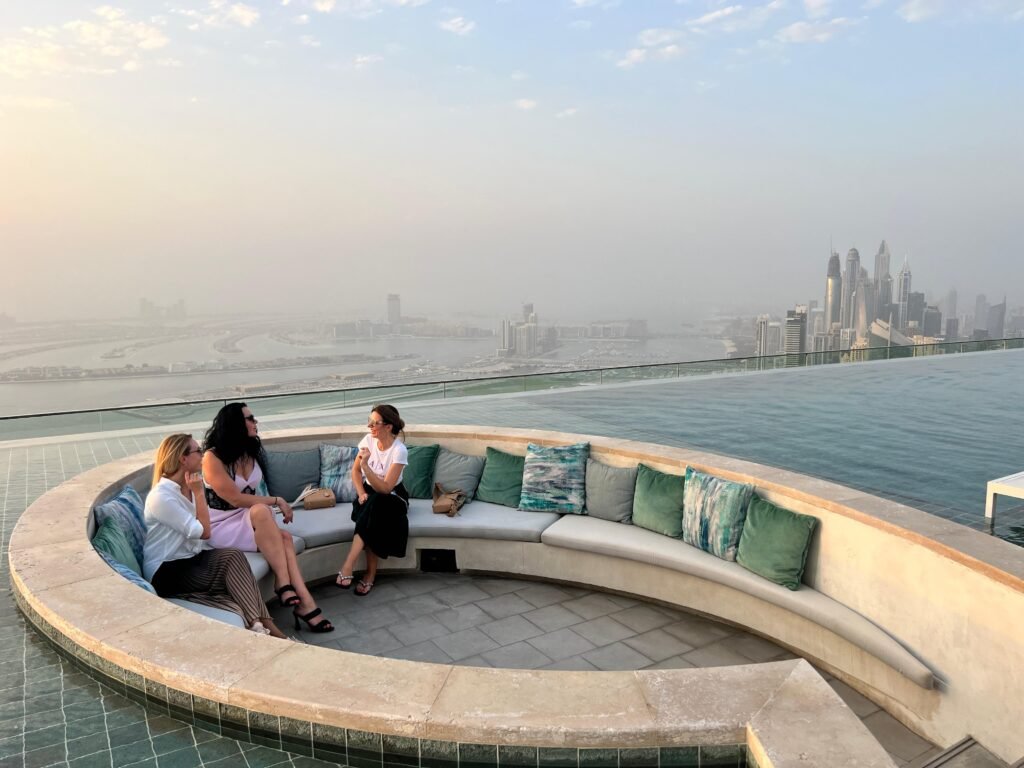
Connecting with forward-thinkers and visionaries overlooking the city of the future. Every conversation unlocks new possibilities.
Monaco - Tiny Kingdom of Luxury
Monaco always fascinates me. It is such a small place – just a couple of square kilometers and yet it holds one of the strongest positions in the world when it comes to real estate. Here, space is the ultimate luxury. There is no extra land, no expansion, so every square meter feels like a diamond. This is why Monaco has become not only a place to live, but a statement. People don’t buy property here to calculate ROI, they buy it to preserve their wealth, to be part of this exclusive world, and to secure a legacy for the next generation.
Prices are extreme – in fact, Monaco is the most expensive real estate market in the world. €1 million buys you only around 19 m² – the size of a parking spot. New developments like Mareterra are pushing limits even further with prices that go above €100,000 per m². And yet, everything gets sold. Because scarcity is the strongest guarantee.
What also makes Monaco attractive is stability. No income tax, no capital gains tax, and a government that has kept the country safe, organized, and extremely secure. For investors, this is a safe haven. For residents, it is a mix of glamour, prestige, and comfort – luxury boutiques, Formula 1, world-class restaurants, yachts, and Mediterranean views.
Personally, I see Monaco less as an “investment project” and more as a lifestyle choice. You don’t come here to chase rental yields. You come here because you want to be part of this micro-world of elegance, and because you know the value of owning something that is so limited and so desired.
For me, Monaco feels timeless. While Dubai represents speed, innovation, and futuristic dreams, Monaco is about exclusivity, stability, and old-money elegance. Two very different worlds but equally fascinating.
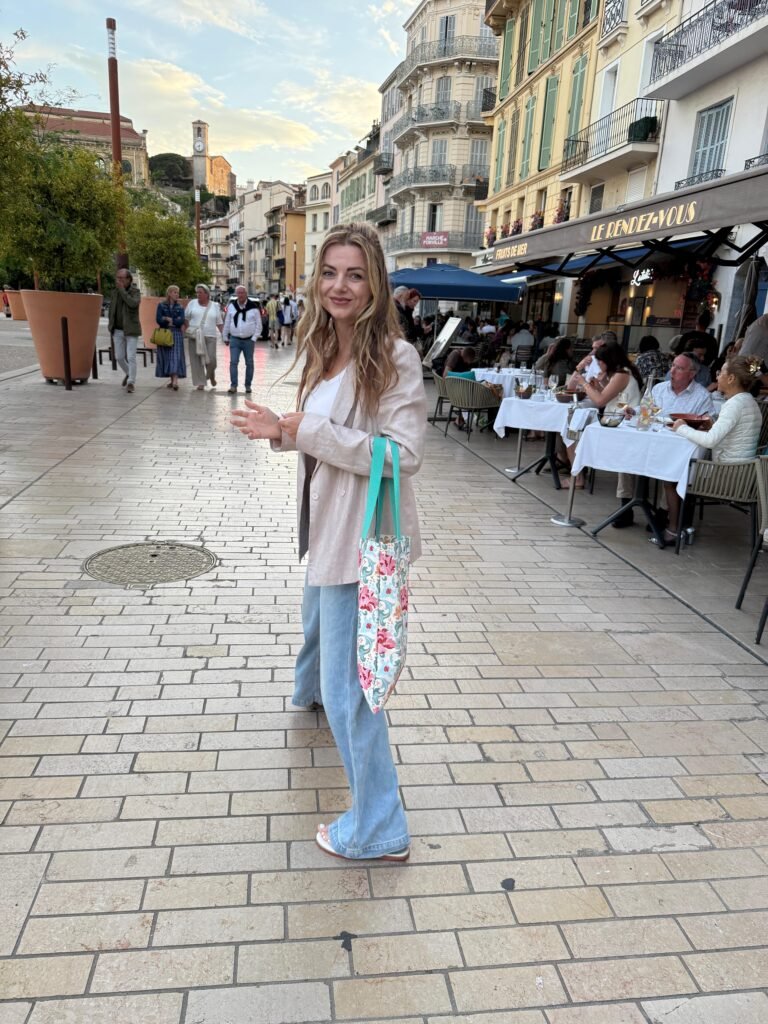
What I Learned in China - Through the Eyes of a Real Estate Agent, Investor, and Culture Enthusiast
My recent visit to China was nothing short of eye-opening. As someone who works in real estate and often views the world through the lens of property, investment, and community, China offered a fascinating and powerful experience – rich in contrasts, values, and long-term vision.
One of the first things that struck me was the scale. Massive developments, ongoing construction projects, entire new cities it feels like a country in constant motion. Coastal regions are booming, inland provinces are expanding, and across all of this is one clear lesson: the Chinese do not believe in keeping all their eggs in one basket. Chinese investors are forward-thinkers. Many of them actively invest abroad not just to diversify assets but also to create future opportunities for their families and businesses. Their aim is not simply to buy property, but to build security. During COVID, I learned that Chinese citizens who had residency or passports in other countries were able to leave the country – not with tourist visas, but with long-term rights. This changed how many of them view residency: not just as a formality, but as a safety ticket. Typical first- and second-generation Chinese business families already own assets overseas. For them, having a second home abroad is not a luxury – it’s a necessity. This explains why Chinese investors are so present in places like Singapore, Australia, Canada, the U.S., and Japan. Europe is more complicated due to visa and residency regulations, but countries like Cyprus are becoming a gateway for them.
From a real estate perspective, Cyprus holds strong appeal. We have around 300 Chinese residents currently living on the island, but several thousand have already purchased properties here. Many are drawn by the opportunity for a stable base in Europe, and for those who get to know me and my team, they often stay loyal. Loyalty is something I’ve come to deeply respect in Chinese culture. Once trust is earned, it is strong and long-lasting. But it’s not easily given. Chinese clients take time to observe, feel, and decide. I don’t speak Mandarin, but I connect with their values. I respect their process, and I always make sure never to disappoint, because there is rarely a second chance.
What also fascinated me during my trip was how much importance Chinese people place on history and culture. Their children can recite dynasties, explain historical costumes, and tell you why traditions still matter. When they welcomed me with stories, with symbols, with history lessons through clothes and performances – I felt how deeply culture is preserved and honored. And they were surprised that not every country does the same.
In real estate, we often talk about prices, locations, square meters. But in China, I was reminded that no property and no personexists without context. Their homes, their neighborhoods, their communities are built on shared identity, values, and support. That’s why Chinese people often travel in groups, buy in the same districts, or form strong expat neighborhoods abroad. It’s about trust and connection.
So when I meet a Chinese client, I don’t just see an investor or buyer. I see a person carrying the weight of culture, the desire for security, and the hope of building something meaningful – not just for themselves, but for future generations. And that perspective makes me a better agent, and a more aware human being.

